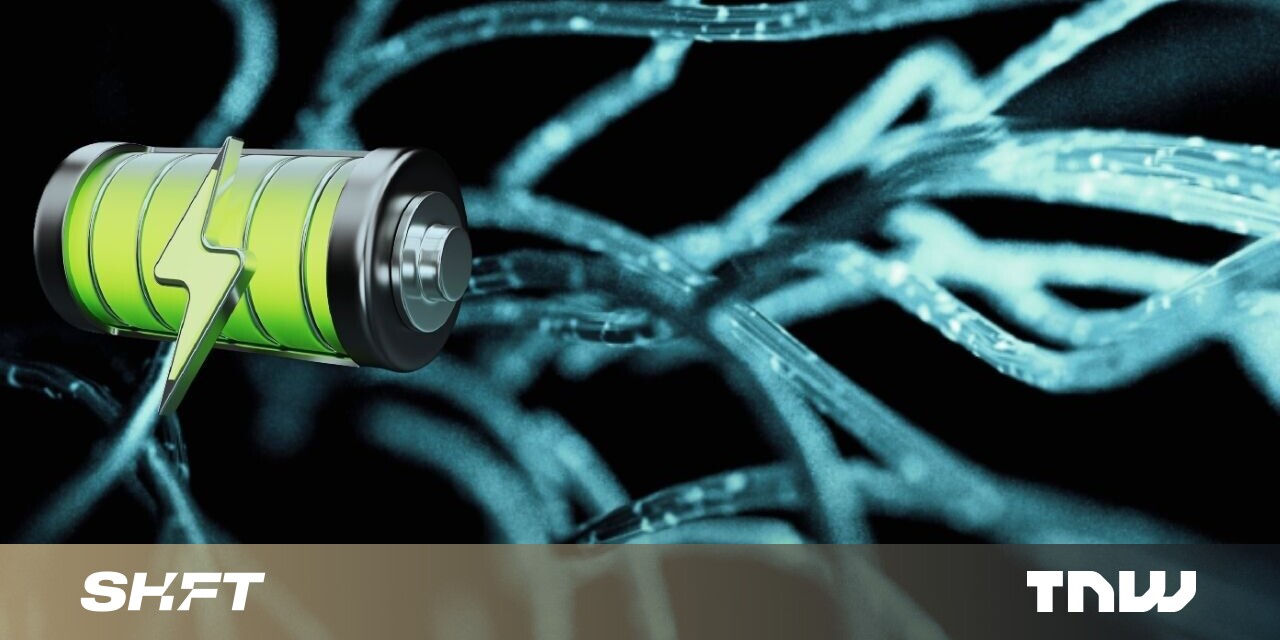#Silicon nanowires promise way better lithium-ion EV batteries

Table of Contents
“Silicon nanowires promise way better lithium-ion EV batteries”
To that end, California-based startup OneD Battery Sciences has produced silicon nanowires that can be fused directly onto the commercial graphite particles found in the anodes of batteries.
The impact? Potentially tripling the energy density of the anode, reducing charging times, and lowering the overall cost of the battery.
Why silicon could be a game changer

Sign up and get your free EV guide
The beginners’ guide to getting an EV
According to research by the PNNL Laboratory, silicon has a theoretical energy capacity 10 times higher than that of graphite, and can absorb lithium-ions much faster during charging — reducing the duration of the process.
For that reason, various companies and automakers are exploring the use of silicon in the anode, while Tesla and Porsche are already mixing small amounts of the material with graphite on batteries in the Model Y and Taycan, respectively.
But adding silicon to the anode comes with certain challenges.
The material’s tendency to expand approximately 400% of its original size during the charging cycle can cause the silicon particles to crack, and can damage the layer of the solid electrolyte interface, which hinders lithium ion conductivity and electrical flow.
This leads to energy loss and battery degradation.
As per Vincent Pluvinage, CEO of the startup, existing methods to solve this problem (like silicon nanoparticles) have proven limited due to high manufacturing costs and lack of compatibility with the wider EV supply chain.
OneD Battery Sciences’s solution?
The company has developed a special platform, called Sinanode, which attaches the silicon nanowires onto the anode with the help of silane, nitrogen, and electricity.

This process promises three main benefits:
- During charging cycles, the silicon nanowires remain pliant and don’t crack.
- With hundreds of thousands of wires on each graphite particle, the silicon triples the energy density of the anode.
- A greater silicon-to-graphite ratio lowers the CO2 produced per kWh for manufacturing a battery.
You can further discover how the process works in the video below:
The feature that really makes Sinanode stand out is its potential to scale-up the technology using existing supply chain processes.
The Sinanode is agnostic as to which graphite is used, or to the size of the graphite particle.
“This ensures that existing EV factories can benefit from silicon-enhanced graphite from their already qualified leading suppliers, and can use the same slurry preparation and anode electrode coating techniques that have already been perfected,” Pluvinage explained.
Currently the Sinanode technology is available to OEMS through a dedicated pilot production program, while fully commercial production is expected in 2025.
Overall, the arguments in favor of silicon over graphite are too strong to ignore, and if silicon nanowires prove to be successful on a commercial scale, perhaps the tech can unlock the possibility of replacing graphite in EV batteries altogether.
If you liked the article, do not forget to share it with your friends. Follow us on Google News too, click on the star and choose us from your favorites.
For forums sites go to Forum.BuradaBiliyorum.Com
If you want to read more like this article, you can visit our Technology category.




